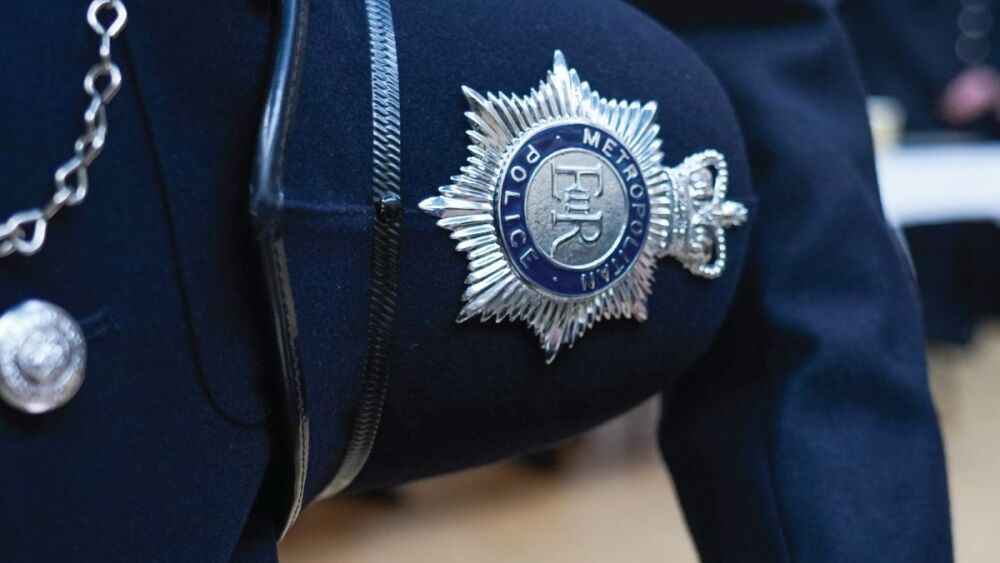By Sarah Roebuck
Police1
LONDON — The Metropolitan police in the ceremonial county of Greater London will no longer respond to emergency calls related to mental health emergencies, the Guardian reports.
Commissioner of Police of the Metropolis Sir Mark Rowley wrote in a letter that he will order his officers not to respond to the thousands of calls they get every year to deal with mental health emergencies. The force will stop responding to such calls on August 31, 2023. Officers will only respond “where there is an immediate threat to life.”
The change in protocol is necessary because it is taking officers away from their core responsibilities of fighting crimes, the Met chief said. The chief also noted that patients who need medical experts are “being failed when a police officer attends instead.”
“We are failing them first by sending police officers, not medical professionals, to those in mental health crisis, and expecting them to do their best in circumstances where they are not the right people to be dealing with the patient,” the letter states as quoted by the Guardian. “We are failing Londoners a second time by taking large amounts of officer time away from preventing and solving crime, as well as dealing properly with victims, in order to fill gaps for others.”
According to the letter, a national police study reveals that officers collectively spend nearly one million hours annually waiting in hospitals for mental health patients to undergo assessments. This staggering amount of time is equivalent to responding to 500,000 domestic abuse incidents or 600,000 burglaries.
Rowley’s letter states Metropolitan police officers dedicate approximately 10,000 hours per month to addressing mental health matters. Additionally, the process of handing over a patient to medical personnel can take up to 14 hours.
“To illustrate further the pressing need for reform, on April 28 and 29, the Met received the highest number of 999 calls we have ever taken [9,292 calls]. Only 30% of these calls were classed as crime-related,” Rowley wrote in the letter.
The proposal has the potential to raise concerns among ambulance providers, paramedics and NHS staff, who are already experiencing heightened pressure due to budget cuts. This comes at a time when mental health services are already strained.
The letter to the Met’s health and social care partners was sent on May 24, giving them a 99-day deadline to plan for the change.


